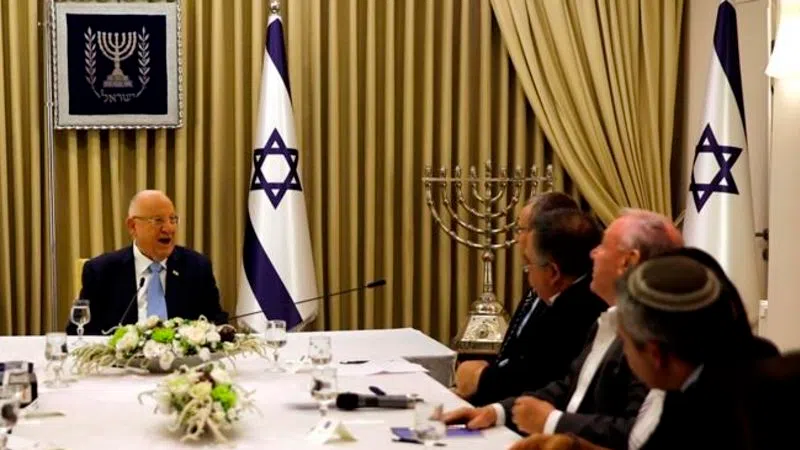
Arab lawmakers in Israel endorse Gantz for prime minister
JERUSALEM — The Arab bloc in Israel’s parliament abandoned its usual hands-off stance Sunday and endorsed former military chief Benny Gantz for prime minister, potentially giving him the edge over hard-line incumbent Benjamin Netanyahu.
The historic move marked the first time in nearly three decades that the Arab parties backed a candidate for prime minster, reflecting their contempt for Netanyahu, who was accused of fomenting hatred of the Arabs during his re-election campaign.
“Benny Gantz is not our cup of tea,” said Arab lawmaker Ahmad Tibi. “But we promised our constituents that we would do everything to topple Netanyahu, and the default here is recommending Benny Gantz.”
It will be up to Israeli President Reuven Rivlin to decide which candidate should be given the chance to form a coalition government and serve as prime minister — a usually pro forma task made difficult this time by last week’s deadlocked parliamentary elections.

